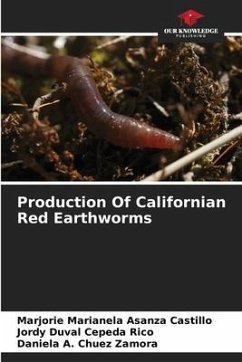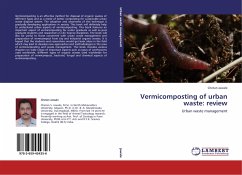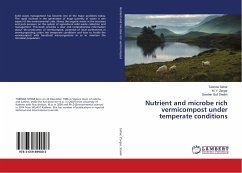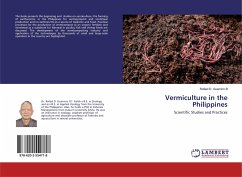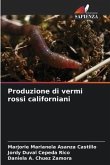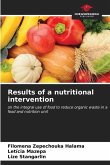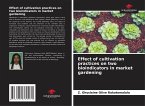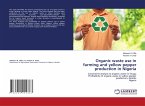Vermiculture consists of the intensive cultivation of the red earthworm (Eisenia foetida) which, by consuming organic waste, transforms it into humus, which is the highest state of decomposition of organic matter, making it an excellent fertiliser for agricultural crops. In response and in order to increase the resilience of agroecosystems to soil unproductivity, lombrihumus is used as an efficient, environmentally sustainable and low investment cost alternative that improves the physical, chemical and biological properties of the soil, improving its fertility and increasing the nutrient content for the plant, allowing the recovery of soils eroded by the indiscriminate use of chemical fertilisers. The aim of this study was to evaluate the effect of three diets based on organic residues, bovine manure and plantain rachis for the production of Eisenia foetida and to determine the reproductive behaviour, number of oothecae, production of lombrihumus and leachate and their nutrient concentration levels in the different treatments.
Bitte wählen Sie Ihr Anliegen aus.
Rechnungen
Retourenschein anfordern
Bestellstatus
Storno

